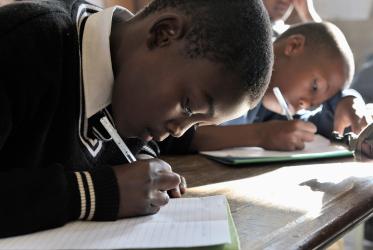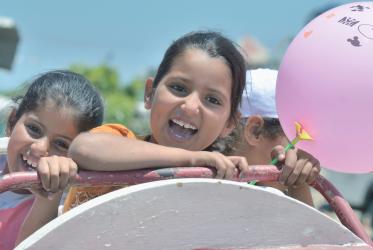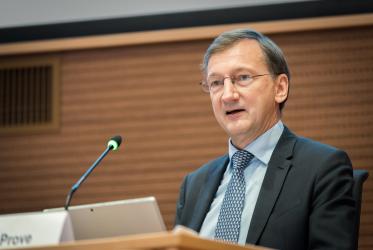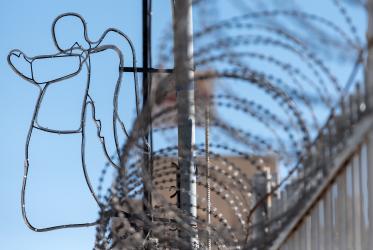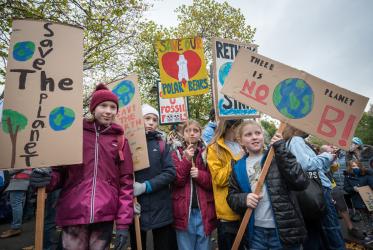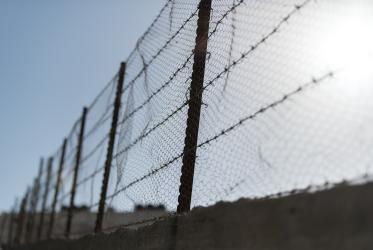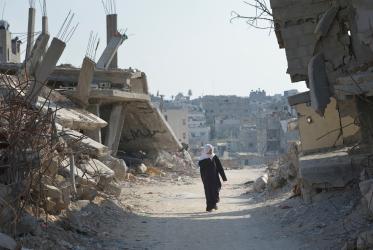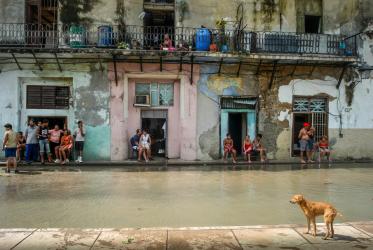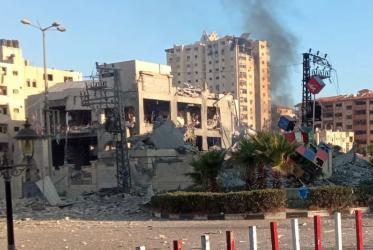Displaying 141 - 160 of 4144
21 November 2023
Beginning soon: 16 Days against Sexual and Gender-Based Violence
21 November 2023
WCC invites global fellowship to join World Children's Day events
16 November 2023
Violence against Palestinians is rising in the West Bank
16 November 2023
World Council of Churches plans pilgrimage to Marshall Islands
09 November 2023
